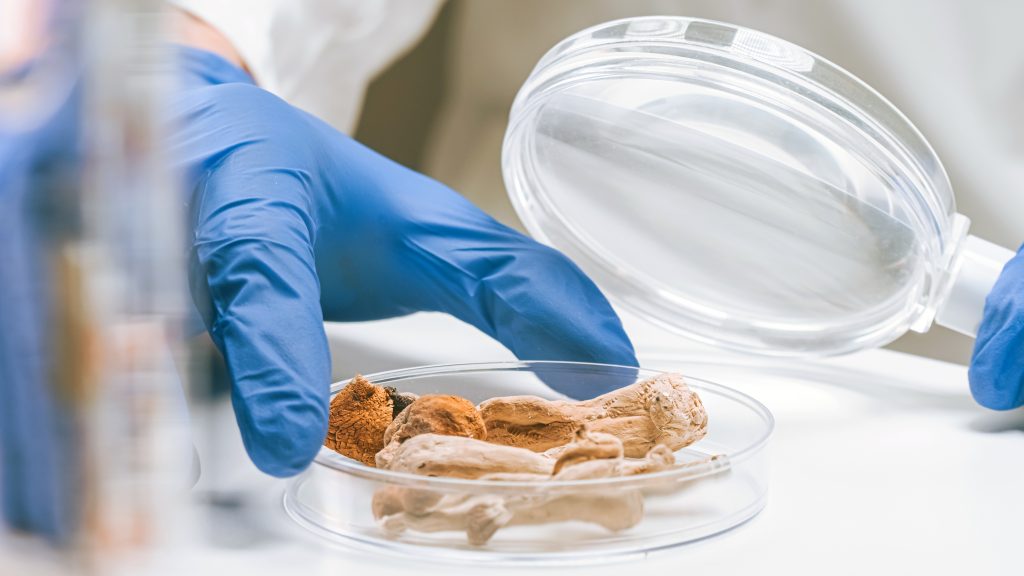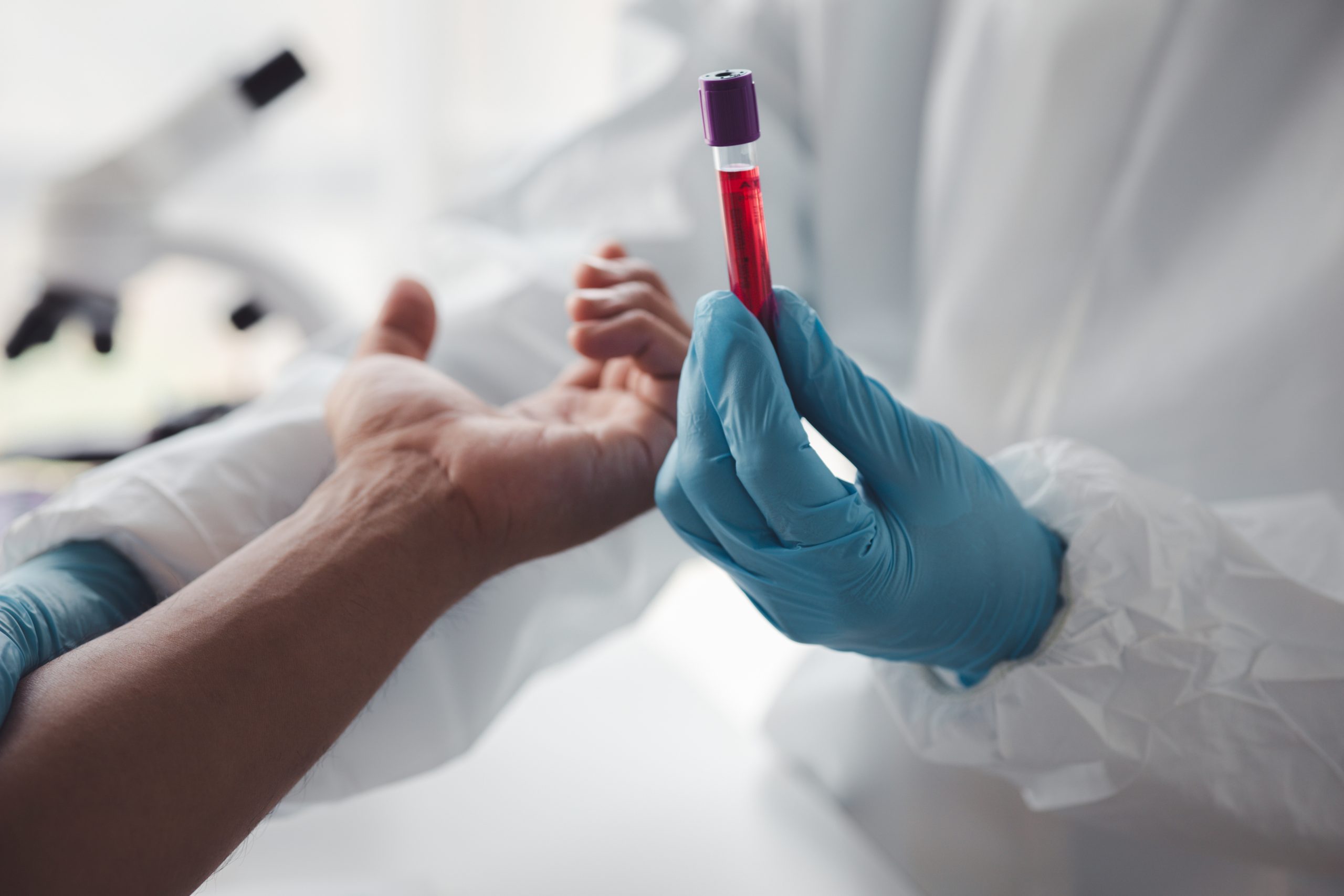
October 31, 2024 — Psilocybin, a psychedelic compound, shows promise as a potential treatment for obsessive-compulsive disorder (OCD) and Tourette’s Syndrome, according to a new study by Hadassah Hebrew University Medical Center.
In the study, published in Molecular Psychiatry, the researchers examined the effect of a single injection of synthetic psilocybin (PSIL) and psilocybin-containing psychedelic mushroom extract (PME) on excessive self-grooming, head-body twitches, anxiety, and other behavioral phenotypes, symptoms similar to those experienced by people with OCD and Tourette’s Syndrome.
Tourette’s syndrome (TS) is a neurological disorder that may cause sudden, unwanted, and uncontrolled rapid and repeated movements or vocal sounds called tics. Obsessive-compulsive disorder (OCD) is a highly prevalent disorder that causes serious disability, so there is an urgent need for novel therapeutic approaches.
A randomized control trial study included biological models that displayed excessive grooming and anxiety, similar to human OCD behaviors, and head-body twitches similar to tics suffered by patients with Tourette’s Syndrome. They were randomly given either a single injection of psilocybin, a psychedelic mushroom extract, or a placebo. Observers, unaware of which treatment each biological model received, evaluated the effects at several points over a three-week period.
While equivalent to psilocybin in overall effect on self-grooming, psychedelic mushroom extract showed superior effects in alleviating head-body twitches and anxiety. Head-body twitches and anxiety all showed a significant improvement over 21 days. The positive effects from a single treatment lasted up to seven weeks in some biological models.
“Understanding that over 40% of OCD patients don’t find relief with current treatments, our findings are crucial as they suggest a new way to help these individuals,” said Prof. Bernard Lerer, M.D. from the Department of Psychiatry at the Hadassah Hebrew University Medical Center. “The effects observed on tic-like head body twitches raise the previously unreported possibility that psilocybin may be effect in patients with Tourette’s Syndrome.”
These findings strongly justify clinical trials of psilocybin in the treatment of OCD, and further studies aimed at elucidating mechanisms that underlie the long-term effects to alleviate excessive self-grooming observed in this study.
The research paper titled “Striking Long-Term Beneficial Effects of Single Dose Psilocybin and Psychedelic Mushroom Extract in the SAPAP3 Rodent Model of OCD-Like Excessive Self-Grooming” is now available in Molecular Psychiatry and can be accessed at here.
Researchers:
Michal Brownstien1, Michal Lazar1, Alexander Botvinnik1, Chloe Shevakh1, Karin Blakolmer2, Leonard Lerer2,3, Tzuri Lifschytz1, Bernard Lerer1
Institutions:
- Biological Psychiatry Laboratory and Hadassah BrainLabs Center for Psychedelic Research, Hebrew University
- Parow Entheobiosciences (ParowBio) Chicago
- Back of the Yards Algae Sciences (BYAS) Chicago



